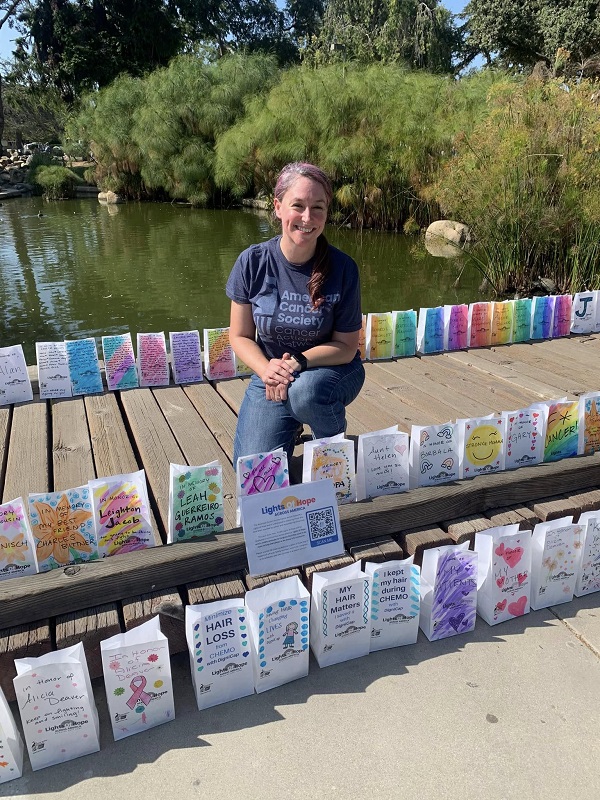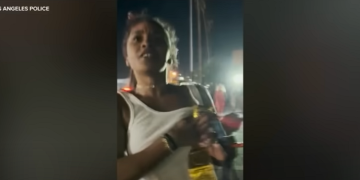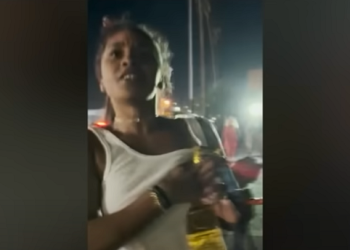“The Wall,” a game show that offers $12 million each episode and whose executive producers include basketball star LeBron James, premieres at 10 p.m. tonight on NBC.
“The show is about regular people who have an opportunity to change their lives in one second,” said James, who is also an executive producer of the Starz comedy “Survivor’s Remorse” and the CNBC entrepreneurial series “Cleveland Hustles.”
James said he decided to become involved with the series after it was presented to him and his business partner Maverick Carter by Andrew Glassman, who had produced the 2003-2005 NBC dating series “Average Joe” and the 2005 NBC wish-fulfillment series “Three Wishes.”
“I just thought it was so authentic and emotional,” James said.
“Authenticity in the story” is the criterion for projects undertaken by SpringHill Entertainment, the production company Carter and James founded, Carter said.
“When you watch `The Wall’ you’re watching a story,” Carter said. “This show was especially special to us because it is people that are like us that we care about that we are going to go on this journey with.”
The first portion of the game has a two-member team working together in answering questions. All the teams consist of players with a tie to the another — siblings, spouses, best friends or roommates.
“There has to be some connection because they have to want each other to win,” said host Chris Hardwick, another of the executive producers.
When a member correctly answers, a green ball will fall down a four- story wall and add the value of the slot to the players’ winning total. A red ball drops when a question is answered incorrectly, deducting the value. The slot values range from $1 to $3 million.
In the second portion, one player is sent into an isolation room behind the wall, with the teammates playing the rest of the game without any communication.
“We wanted to make it as easy as possible but at the same time just add so much emotion to it that everyone can relate to it,” James said.
Hardwick described the contestants as “all good people.”
“I think most people would like to have or need to have more money, but there was something extra special about everyone,” Hardwick said.
“They either sacrificed something of themselves for other people or they are community heroes or they did something that was particularly selfless and so this was just sort of the way for everyone to say to them `Hey, you deserve a shot, now it’s your turn.”‘






















